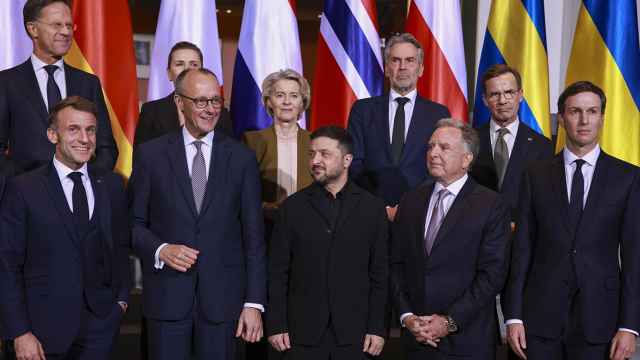
Ivan Zelenin
Junior Associate
Pepeliaev Group
On Dec. 30, 2011, the Finance Ministry issued letter No. 03-08-13/1, changing the authorities' view of what constitutes a beneficial owner as well as how eurobond interest is taxed.
Eurobonds are bonds issued by a Russian company through a European bank or special purpose vehicle, as only a legal entity created in accordance with European security legislation can issue bonds listed on a stock exchange.
For more than 15 years, the Russian tax authorities have viewed the term "beneficial owner," a fixture of many double taxation treaties, as an entity that has received income in a legal way (based on an agreement, for example).
As beneficial ownership greatly influences how benefits under double taxation treaties are applied, it is always taken into consideration for international tax planning as well as eurobond schemes.The Finance Ministry has reviewed how a special purpose vehicle is used to issue a eurobond. The main sense of using a special purpose vehicle, or SPV, is to get money from shareholders to the Russian company through the SPV in collaboration with a Russian bank (the SPV lists eurobonds, gets money from entities all over the world and deposits that money in a Russian bank that gives the money as a credit to the Russian company). After which, the Russian company paid the body of the loan and interest to the shareholders through the Russian bank and SPV.
With regard to the Russian Tax Code, a Russian legal entity (the bank, in this case) must withhold tax from cross-border payments (including to the SPV). But the double taxation treaty with Ireland, for instance, allows payment abroad without withholding if a recipient is a beneficial owner.
For many years, the Finance Ministry viewed an SPV possessing an agreement with a Russian bank as a beneficial owner. It released the SPV from taxation in Russia and the Russian bank from withholding.
But in the disputed letter No. 03-08-13/1, the Finance Ministry said such an SPV could not be viewed as a beneficial owner, and all payments must be withheld. The Finance Ministry said the double taxation treaty benefits depend on the residence of the beneficial owner. But in practice it is very difficult (or sometimes impossible) to determine such information.
Moreover, the term "beneficial owner" is not fixed in Russian legislation. As such, it is very difficult to determine who is a true beneficial owner. The Finance Ministry's viewpoint creates enormous difficulties for tax agents, who should perform an investigation into corporate structures and human relations to find the real economical owner of income. It is also important for tax agents to know the purpose of the benefits as well as which tax rate must be applied. Letter No. 03-08-13/1 conveyed high risks for investors and was going to make big losses for major Russian companies. But deliberations between the business community and the Finance Ministry led to a consensus. The Finance Ministry worked out a bill with amendments to the Tax Code that offered to free Russian tax agents (in the disputable letter No. 03-08-13/1, it was a bank) from withholding tax.
Now it has taken out all the pertinent concerns for Russian companies and their investors, but it can become a contentious issue in the future because no duty to withhold does not mean that foreign taxpayers (for example, an SPV) must not pay taxes from eurobond interest in Russia if they are not beneficial owners. In addition, what constitutes a beneficial owner is still a big question for authorities as well as taxpayers.
A Message from The Moscow Times:
Dear readers,
We are facing unprecedented challenges. Russia's Prosecutor General's Office has designated The Moscow Times as an "undesirable" organization, criminalizing our work and putting our staff at risk of prosecution. This follows our earlier unjust labeling as a "foreign agent."
These actions are direct attempts to silence independent journalism in Russia. The authorities claim our work "discredits the decisions of the Russian leadership." We see things differently: we strive to provide accurate, unbiased reporting on Russia.
We, the journalists of The Moscow Times, refuse to be silenced. But to continue our work, we need your help.
Your support, no matter how small, makes a world of difference. If you can, please support us monthly starting from just $2. It's quick to set up, and every contribution makes a significant impact.
By supporting The Moscow Times, you're defending open, independent journalism in the face of repression. Thank you for standing with us.
Remind me later.





